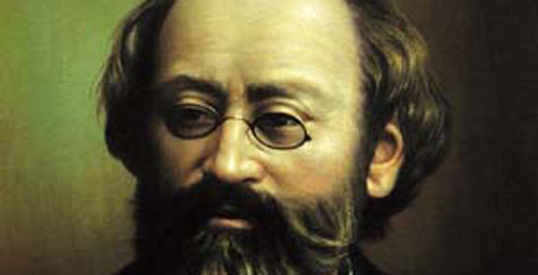Introduction:
In the realm of classical music, few composers have captured the hearts and imaginations of audiences quite like Max Bruch. With his gift for crafting unforgettable melodies and his deep understanding of orchestration, Bruch left an indelible mark on the Romantic era. Join us as we embark on a captivating journey through the life and music of this remarkable composer.
Early Life and Musical Beginnings:
Max Christian Friedrich Bruch was born on January 6, 1838, in Cologne, Germany. From a young age, Bruch displayed prodigious talent and an unwavering passion for music. He received his early musical education from his mother, who recognized his extraordinary abilities. Later, he studied under prominent musicians such as Ferdinand Hiller and Carl Reinecke, refining his skills as a violinist and composer.
Career and Achievements:
Bruch’s career as a composer took off with the premiere of his First Symphony in E-flat major in 1868. The symphony’s success established his reputation as a rising star in the German music scene. However, it was his groundbreaking Violin Concerto No. 1 in G minor, composed in 1866, that would solidify his place in musical history. The concerto remains one of his most celebrated and frequently performed works.
Throughout his life, Bruch composed a diverse body of work, including orchestral compositions, chamber music, and choral pieces. His works display a profound understanding of harmony, rich melodies, and a deep emotional resonance. Notable pieces include the Scottish Fantasy for violin and orchestra, the Kol Nidrei for cello and orchestra, and the Symphony No. 3 in E major.
Personal Life and Influences:
Bruch’s personal life was deeply intertwined with his music. His marriage to Clara Tuczek, a singer, provided a supportive environment for his creative endeavors. He often drew inspiration from nature and his travels, infusing his compositions with a sense of place and atmosphere. Additionally, Bruch’s music reflects the influence of German Romanticism, as well as the classical traditions of Mozart, Beethoven, and Mendelssohn.
Challenges and Legacy:
Despite his remarkable talent, Bruch faced challenges and struggles throughout his career. He struggled to gain recognition as a composer beyond his famous Violin Concerto No. 1. Financial difficulties also plagued him, leading him to accept positions as a conductor and teacher to support his family. However, Bruch’s legacy endures through his enchanting compositions, which continue to captivate audiences worldwide.
Conclusion:
Max Bruch’s contributions to classical music have left an indelible mark on the Romantic era and beyond. His melodies possess an ineffable beauty and emotional depth that resonate with listeners even today. Despite facing personal and professional challenges, Bruch’s devotion to his craft and his unwavering passion for music shine through in each of his compositions. As we explore his rich biography and immerse ourselves in his enchanting music, we are reminded of the enduring power of artistic expression. Max Bruch will forever be celebrated as one of the greatest melodists in the history of classical music.


Comments are closed